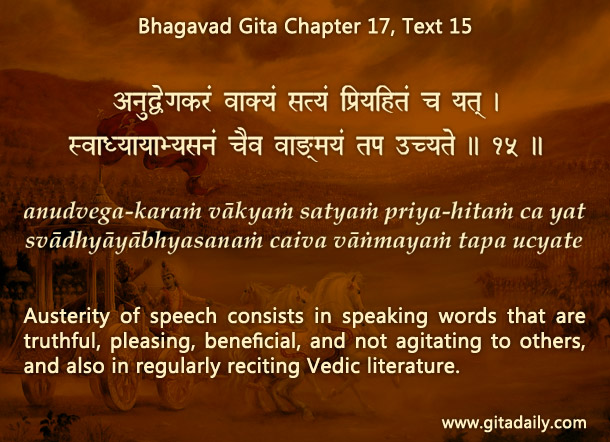Suppose someone’s car stops working. They infer, “The spark plug is the problem,” whereas their friend who is no more a car expert than them asserts, “The carburetor has dust.” Suppose they shriek, “You are threatening me; your words are making me feel unsafe; just shut up.”
Most of us would consider such a reaction excessive. If someone voices a differing opinion about the working of a physical object, we will see it not as a personal attack, but as a functional investigation. Might a similar vision help us in dealing with issues beyond the physical: say, ethical, emotional or spiritual issues?
After all, those issues aren’t entirely subjective; our approaches for tackling those issues need to work in the world that is objectively a tough place. The world thrusts upon us serious problems that require workable solutions. While our approaches to particular problems might work in some ways, others’ approach might work in some other ways. To expand our understanding, we need to hear their approaches calmly without thinking that they are threatening us. When both sides get to make their case clearly, candidly, convincingly, that helps both of them arrive at an enriched shared understanding, or at least get a better understanding of each others’ perspective.
However, political correctness sometimes imposes a blanket ban on words that some groups might consider hurtful. Such bans overestimate the power of words; arguing is not attacking. Yes, unnecessary harsh words should be avoided. Still, words that may be felt as hurtful can sometimes help parties come to a truer understanding of things. Pertinently, the Bhagavad-gita states that while speech needs to be pleasing, it also needs to be truthful (17.15).
One-sentence summary:
If we overestimate the power of words by equating arguments with aggressions, we leave ourselves under-prepared for the world’s aggressions.
Think it over:
- What’s wrong with seeing opposing words as aggressions?
- What’s the harm in banning words that express opposing opinions?
- On hearing opposing opinions, do you overestimate the power of words and become too offensive or defensive? How can you avoid such overestimation?
***
17.15: Austerity of speech consists in speaking words that are truthful, pleasing, beneficial, and not agitating to others, and also in regularly reciting Vedic literature.


Leave A Comment